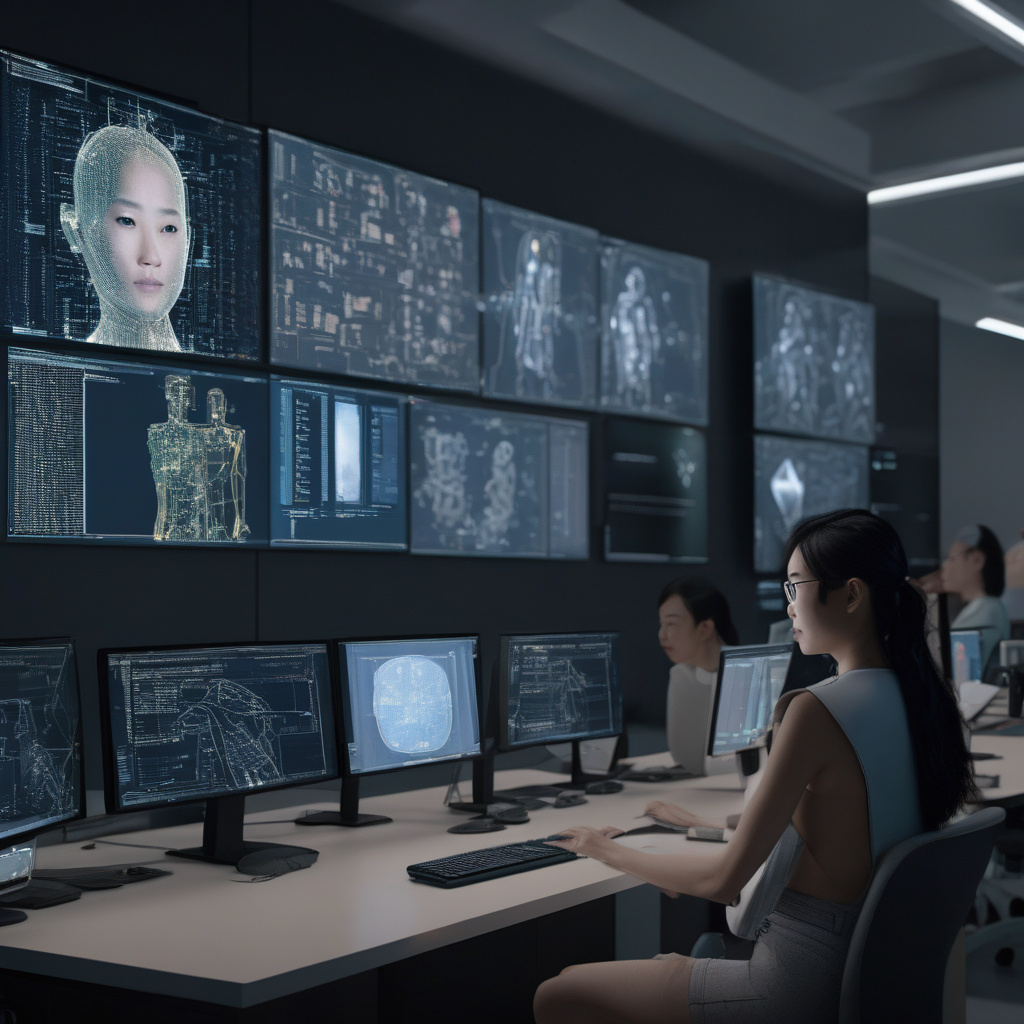In the realm of software development, the rise of Artificial Intelligence (AI) has sparked both curiosity and concern. As AI increasingly takes on the task of writing code, developers are faced with a new paradigm that reshapes the landscape of their craft. While some may fear that this shift could render developers obsolete, the reality is far more nuanced.
DevEx, short for Developer Experience, lies at the heart of this transformation. It encompasses the tools, processes, and support structures that developers rely on to create software efficiently. With AI now capable of generating code autonomously, the role of developers evolves from traditional coding to higher-level tasks such as overseeing AI-generated code, ensuring its quality, and focusing on strategic aspects of software development.
At the same time, this shift demands a reevaluation of how developers interact with AI tools. Embracing AI in the development process requires a mindset shift towards collaboration rather than competition. Developers are no longer lone coders but orchestrators of AI systems, leveraging their creativity and problem-solving skills to guide AI towards optimal solutions.
Consider the scenario of an AI-powered code suggestion tool. Instead of viewing it as a threat to their expertise, developers can see it as a valuable assistant that enhances their productivity. By embracing such tools, developers can streamline routine tasks, reduce the likelihood of errors, and free up time for more innovative pursuits.
Moreover, the integration of AI in coding processes opens up new avenues for experimentation and exploration. Developers can leverage AI to explore alternative solutions, optimize performance, and uncover insights that may have eluded them otherwise. This collaborative approach not only enhances the development process but also fosters continuous learning and growth within the developer community.
However, it’s essential to acknowledge the challenges that come with this transition. As AI takes on more coding responsibilities, developers need to adapt their skills to complement AI capabilities. This may involve upskilling in areas such as machine learning, data analysis, and algorithm design to effectively collaborate with AI systems.
Furthermore, ethical considerations surrounding AI-generated code cannot be overlooked. Developers must ensure that AI aligns with ethical standards, addresses bias issues, and upholds data privacy and security protocols. By actively engaging in discussions on AI ethics and advocating for responsible AI development, developers can shape a future where AI augments human capabilities rather than supplants them.
In conclusion, the advent of AI in writing code signifies a paradigm shift in the developer experience. By embracing AI as a collaborator rather than a competitor, developers can harness its potential to enhance productivity, foster innovation, and drive continuous improvement. This evolution underscores the importance of adaptability, creativity, and ethical awareness in navigating the intersection of AI and software development. As the digital landscape continues to evolve, developers who embrace this change stand to not only survive but thrive in an AI-driven world.

